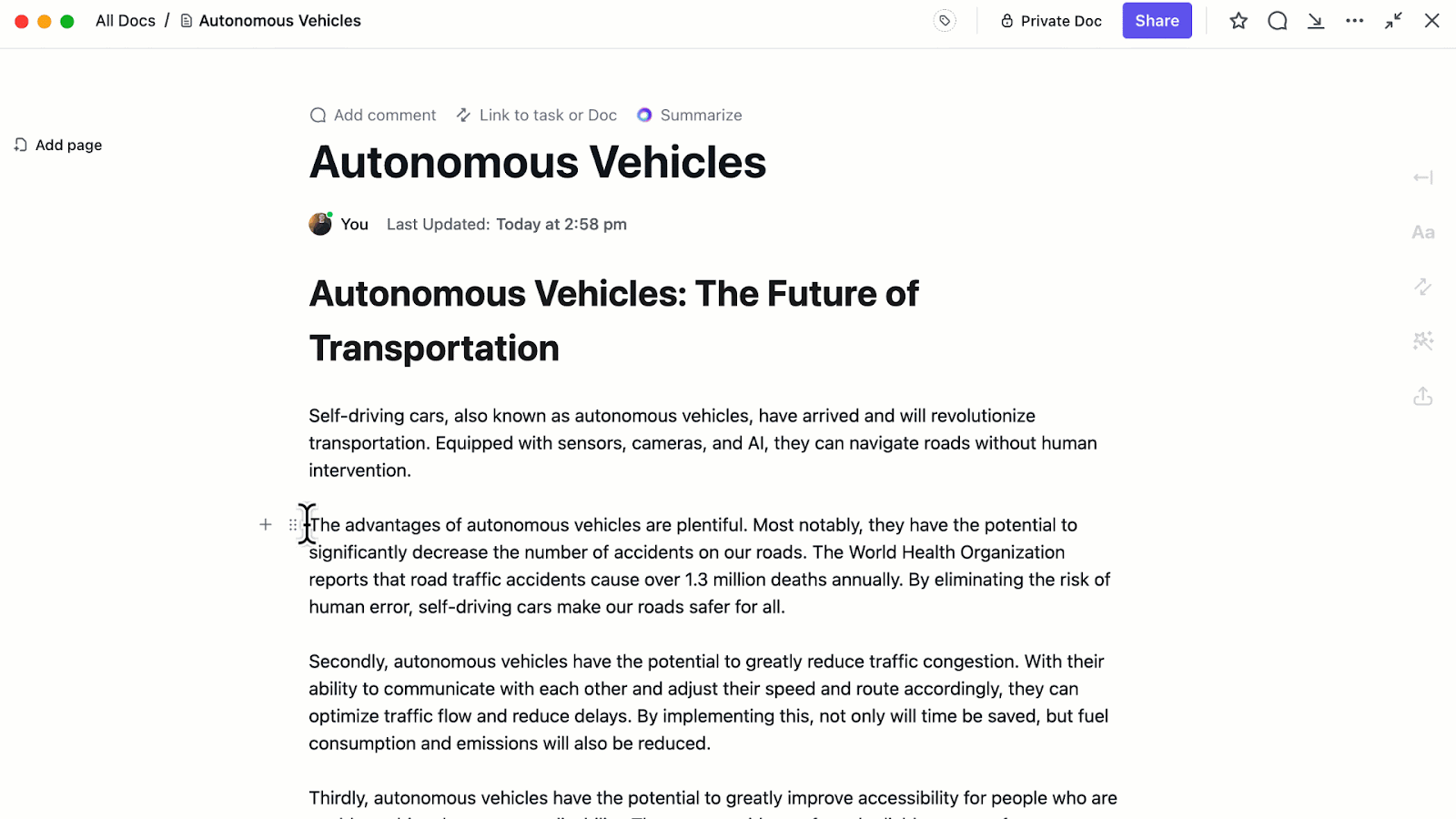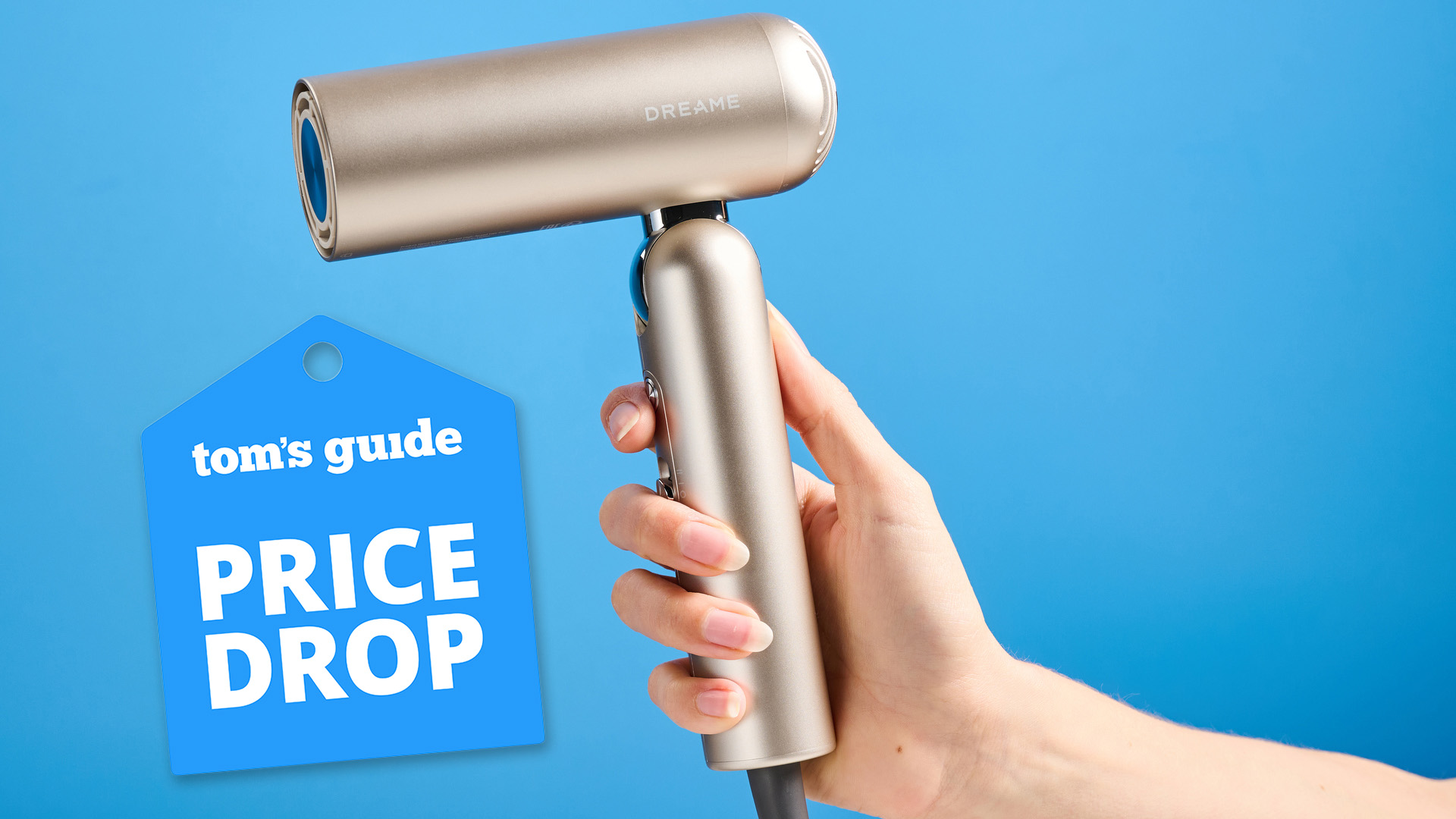WHILE most retailers are fretting over projected price hikes and supply chain disruption from Trump’s global trade war, others are poised to reap the benefits.
Second hand retailers say they might come out on top despite ongoing economic uncertainty, with more shoppers encouraged to visit their stores if sanctions drive up the cost of fast fashion.
2

2
In an exclusive interview with The US Sun, Goodwell CEO Lisa Rusyniak backed Trump’s tariffs, saying the move will boost sales in stores and help the non profit work towards its mission of helping disadvantaged people and keeping goods out of landfill.
Rusyniak, who is the President and CEO of the Baltimore arm of Goodwill, said she believed the trade war would actually encourage more people to shop at second hand stores.
“I think more people will get into thrifting that may not have formally been in that space before,” Rusyniak told The US Sun.
“We try to put really good quality items on our sales floor and as prices rise we see customer counts increase.
“Not only are they supporting our mission but they are helping us keep our clothes and household goods out of the landfill.
“It really is a benefit for the circular model for everyone in the community.”
President Donald Trump has hit all goods imported from China with a 145% tariff in a bid to re-establish domestic production of goods, create jobs and boost the economy.
The move sparked backlash from China, raising tariffs on US goods to 125% in retaliation.
The Trump administration also abolished the “de minimis exemption” which allows packages worth less than $800 to enter tax-free into the US, a loophole which Chinese brands like Temu and Shein had been exploiting.
The escalating trade war has sparked fear among domestic clothing retailers given China’s significant role as a supplier of clothing to the US market.
In 2024, the US imported nearly $15 billion worth of clothing from China, which includes textile products and also pre-made goods.
But second hand retailers are ready to take advantage of the opportunity, with the price of imported goods projected to soar in coming months.
‘UNFAIR’ LOOPHOLE
In a statement after the tariffs were announced, online consignment and thrift store ThredUp welcomed the sanctions and hit out at the de minimus exemptions on China.
The organization said the loophole had provided an “unfair advantage to fast fashion retailers, enabling them to flood the market with low-cost, short lived items while circumventing import duties.”
“This policy change will increase the cost of cheaply produced, disposable clothing imported from China, directly impacting the business model that fuels overproduction and environmental degradation,” it said.
“We believe that making fast fashion more expensive will incentivize consumers to choose quality, durability, and secondhand options.
“ThredUp sees this policy as a significant win for both the environment and the future of sustainable fashion.”
TARIFFS WILL ‘HELP US’
Rusyniak agreed, saying consumers will be driven to shops like Goodwill which offer good quality products very cheaply.
“I think the tariffs will help us, especially as people get out of fast fashion and are looking for high quality goods…we’re a natural fit for them,” she told The U.S. Sun.
“A lot of fast fashion has created a big crisis in our countries…a lot of it is made from polyester, nylons which don’t have much of a resale value, it’s really wasteful.
“The material is so inexpensive to make, but it doesn’t have a resale value and it creates a real problem in the resell market.”
The CEO also revealed women’s clothing was Goodwill’s top selling category, with people able to buy dresses as cheap as $15.
“It’s crazy inexpensive,” she said.








